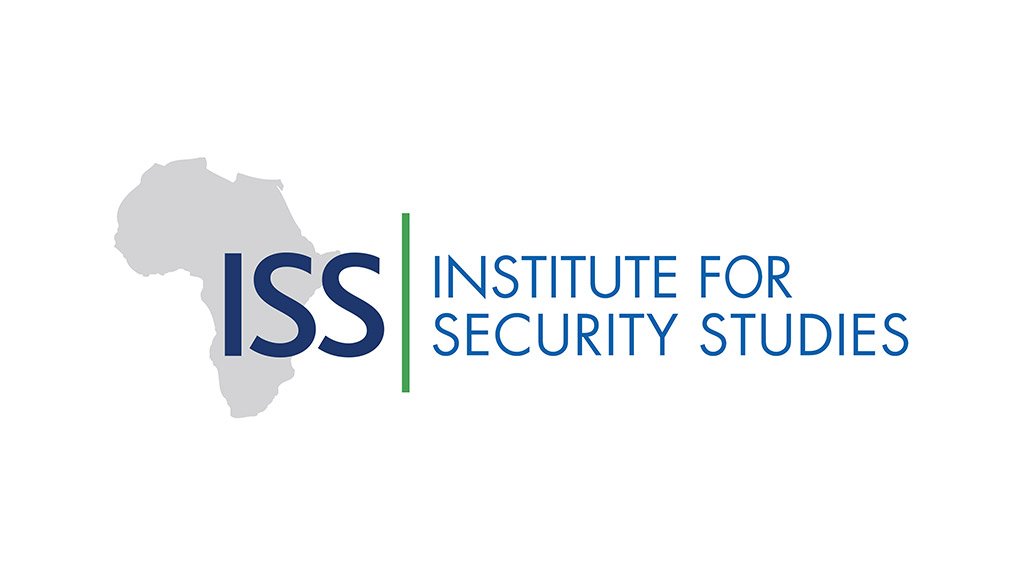After spending 15 years in custody, LRA Commander Thomas Kwoyelo’s conviction raises questions about Uganda’s commitment to trying international crimes.
Lord’s Resistance Army (LRA) Commander Thomas Kwoyelo was convicted in Uganda on 13 August for international crimes committed between 1992 and 2005 as part of a rebellion against the government.
Kwoyelo’s was the first domestic trial for such crimes in Uganda. He sat stone-faced as Judge Michael Elubu of the International Crimes Division (ICD) of the High Court read out the long-awaited unanimous decision.
Outside the courtroom in Gulu (the epicentre of the LRA rebellion from 1987 to 2008), across Uganda and globally, reactions were mixed. There was relief for many who have long advocated for his trial and conviction, including victims of the LRA’s violence.
Those who regard Kwoyelo as a victim of circumstance-turned-perpetrator were angry. Many believed he should have been granted amnesty, like over 13 500 others from the LRA. There was also a measure of uncertainty from those wondering what comes next, including Kwoyelo himself, who spent 15 years in custody. His sentence is still to be handed down.
While Kwoyelo’s was the first international crimes trial run by Uganda, it was the second conviction of a Ugandan for LRA crimes. The first was Dominic Ongwen, convicted in 2021 by the International Criminal Court (ICC) on similar charges. Both men were children when they were abducted and conscripted by the LRA, and spent much of their lives in the violent group.
Kwoyelo was arrested in 2009, but only in December 2023 did the ICD confirm 78 of the 93 charges against him. There were many stops and starts in his prosecution due to his amnesty application, constitutional challenges, amendments of charges and appeals to the Supreme Court challenging the trial.
He was found guilty of 44 charges, including murder, rape, torture, pillaging, abduction and destruction of settlements for internally displaced people. These crimes were committed when he was commander of operations, director of military intelligence and commander in charge of sick bays.
Kwoyelo was abducted by the LRA when he was 12 – one of around 97 000 children and youth, and one of the few who became commanders. The LRA rebellion saw over 100 000 people killed and 1.9-million displaced in a reign of terror that spread from Uganda to the Central African Republic (CAR), Sudan and the Democratic Republic of the Congo.
When he ended his testimony in May 2024, Kwoyelo pled with the court to see him as a victim. ‘[Right] from the time I was abducted, I have never enjoyed freedom, never enjoyed peace; it has been a tough kind of life for me,’ he said.
Sharon Nakandha, an Open Society Foundations Programme Manager, regards the judgment as bittersweet. ‘While the ICD has finally held … Kwoyelo accountable for several international crimes and, through this, achieved justice for the victims, one cannot help but reflect on the unconscionable duration of this trial,’ she said.
Nakandha, then with Avocats Sans Frontières, was in the courtroom in 2011 when Kwoyelo’s trial was meant to start. After closely monitoring the case, she believes it offers an opportunity for collective reflection on the need to build strong and responsive national and regional accountability mechanisms.
Building such mechanisms requires more than simply enacting good laws. It needs true commitment to well-equipped justice systems anchored in fairness and equity for all parties. The ICD was established hurriedly, with a mandate to try international crimes (war crimes, crimes against humanity and genocide) along with terrorism, human trafficking, piracy and other serious cases. It had teething problems, including securing permanent judges.
Human Rights Watch’s Oryem Nyeko has argued that Uganda should compensate Kwoyelo for the lengthy pre-trial detention and court process. Considering that victims also seek compensation, it will be interesting to see how the ICD addresses this. Kwoyelo has no documented assets, so victims will probably only receive reparations if the court compels Uganda’s government to compensate them in line with United Nations guidelines.
Kwoyelo’s role in the LRA was significant, but he wasn’t the most responsible. The group’s infamous founder and leader, Joseph Kony, is still at large. Once believed dead, he is rumoured to be hiding in either the CAR or South Sudan. In 2017, African and American forces ended the ‘hunt’ for Kony after they deemed the LRA no longer a threat to Uganda.
Kony is wanted by the ICC for rape, slavery, mutilation, murder – and forcibly recruiting child soldiers. In March 2024, the ICC decided it would start proceedings in absentia, with the confirmation of charges against Kony scheduled for this October. However, in order to proceed to trial, Kony must be arrested and transferred to The Hague, as the ICC explicitly prohibits trials in absentia. This is unlikely.
Even if Kony is eventually prosecuted at the international level, domestic trials of other LRA perpetrators are vital. However, the length of the legal process in Kwoyelo’s case suggests that Uganda’s justice system lacks the commitment and capacity to handle these matters.
Kwoyelo’s prosecution was no doubt a test for Uganda. It took almost 20 years to get here, which for Irene Anying, Avocats Sans Frontières’ Uganda Director, negates the conviction’s impact. ‘Justice delayed is justice denied. When you put someone on trial for over a decade, whatever the outcome … it doesn’t [have] meaning.’
For the prosecution and victims, justice (however partial) has finally been served. Efforts to ensure accountability without long delays are now key. Future domestic prosecutions for gross human rights violations – in Uganda or elsewhere – should heed lessons from this case and remember that justice is best served when swift.
Written by Ottilia Anna Maunganidze, Head of Special Projects, ISS
EMAIL THIS ARTICLE SAVE THIS ARTICLE ARTICLE ENQUIRY
To subscribe email subscriptions@creamermedia.co.za or click here
To advertise email advertising@creamermedia.co.za or click here











